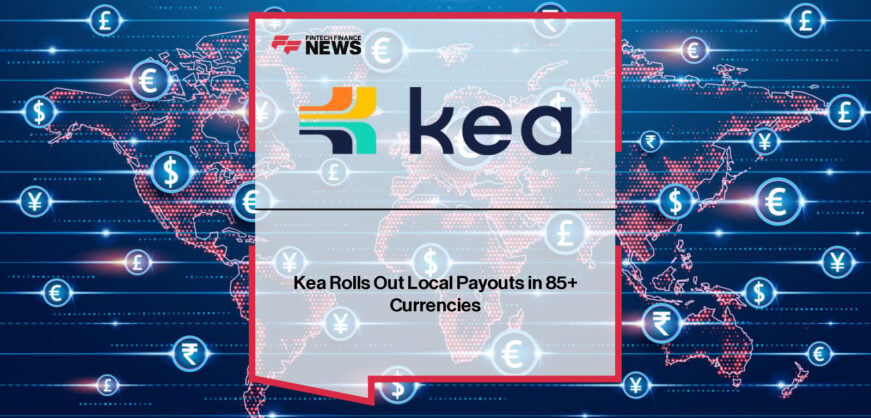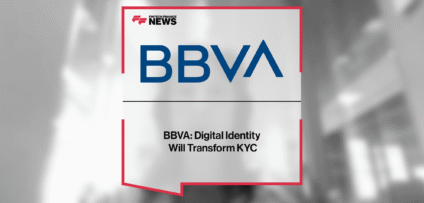Breaking News

The True Impact of Remittance
It’s not uncommon to hear the odd individual complain about aid and charity, citing the age- old adage, “charity starts at home”, and for some, that’s very true – mainly migrants sending money back to their home country.
The sending of money to supplement the income of relatives reached over £500 billion in 2016, with around 60% being sent to developing countries and £18 million coming from the UK alone; to put this figure into perspective, it’s three times greater than the UK aid budget. Furthermore, of the 25 countries that receive the most remittance, the figure that they are in receipt of, make up 10% of the GDP.
In developed countries, rarely do we give any further thought to the act of sending money, aside from the fact that it will be received, but the impact that remittance has on global development and the economy is staggering. If you take a look at the United Nations 17 sustainable development goals, it’s highly unlikely the aid budgets are going to be able to support making them a reality. The amount that it will take to improve infrastructure in developing countries is reported to be £7 trillion, while eliminating extreme poverty is thought to total £43 billion per year.
Even in countries where extreme poverty isn’t so prevalent, remittance still plays a vital role in making ends meet. With these facts in mind, it’s easy to see how integral remittance is to international development.
As the fintech revolution surged and the software and money corridors evolved, they enabled organisations such as ours to provide a service that was faster, more secure and far less expensive – benefiting those who were sending remittance back home. However, the shock decision of Brexit has called the future of the remittance sector into question.
The shockwaves were experienced almost immediately within every corner of the finance and banking industry, and the ongoing impact of the negotiation consistently ripple throughout the sector.
Remittance and cross-border payments have been disrupted specifically by the volatility of exchange rates; the question mark hanging over the ongoing trade relationships between the EU led to sterling shrinking against the Euro and the Dollar; and with the current global political and economic landscape, it’s unlikely that we will see the exchange rates settle.
The rates are leading to recipients of remittance receiving less money than they were previously, for some, leaving them financially struggling. The cultural consequence of Brexit has seen migrants relocating from the UK, or failing to come here at all; net migration fell from 322,000 to 273,000 in 2016. Research suggests that this is what happened during the financial crisis between 2007-2009.
If migrants are remaining in their home country, or relocating to, nations that offer reduced employment rates, this could further impact the amount of money that is both transferred and received. Let’s not forget the contributions to the UK economy from migrant workers, as it’s not just their relatives that benefit.
London has been a global fintech hub for some time now, and while the Government have committed support to maintaining the capitals fintech stature, it seems that negotiations with the EU could go some way to hinder the level of support.
Once Britain officially exits the EU, the current SEPA legislation may no longer apply to businesses using UK-domiciled banks accounts being used to support money corridors for international transfers. Benefits that come from being a member of the Single European Payment Area (SEPA) includes paying domestic rates on fees and processing times, losing both could severely impact the competitive edge of firms based in the UK.
The Payment Service Directive (PSD2) legislation comes into force in January 2018, opening up the payments landscape across EU, EEA and EFTA member states, we forecast that the UK will remain as part of this directive upon leaving the EU because of the levels of financial service it allows businesses to offer clients.
Now, all we can do is sit and wait for the final outcome of the negotiations, its rumoured that EU officials are going to use banking passporting as a bargaining chip throughout talks as they know this is a key element of the UK’s fintech success. We just sincerely hope that they begin to look beyond the act of sending money, to the overall impact that Brexit will have on international transfers and the global economy.
Written by Ali Alani, CEO of Imperial FX – www.imperialfx.co.uk
- How USAA Builds Digital Experiences Around Its Members Read more
- Spayce: Organic Growth, Own Tech, New Wallet Read more
- EXCLUSIVE: “Check, Check… and Check!” – Pilar Fragalà, CBI in ‘The Fintech Magazine’ Read more
- BBVA: Digital Identity Will Transform KYC Read more
- Pocket Network Is Pioneering ‘DePIN for Data’ Read more














